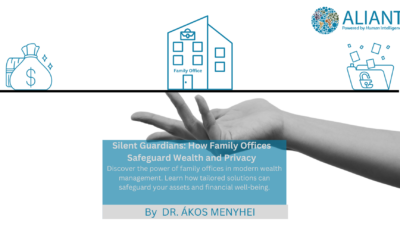One of my favorite client stories of all time took place about five years ago. My client, Gretchen, was 97 years old, had a driver’s license for 75 years, and got into her very first car accident. She was driving a friend to church and ran into a parked car.
The very next morning her “friend” became a plaintiff, having suffered some minor bruises and scrapes. The plaintiff was asking for $150,000 for her pain and suffering, and Gretchen’s automobile insurance coverage was only $35,000. Gretchen was living off her social security checks, but she did have a house.
Gretchen’s house was very modest by Los Angeles standards, and had a value of $300,000. The plaintiff’s lawyer was eyeing the house as a means of cashing in on the lawsuit. Gretchen was frightened. She spent close to 50 years living in this house. Everything about the house was a living memory of her deceased husband, who extensively remodeled and improved the house with his own hands.
We accepted Gretchen as a pro bono client. Her directive to us was simple – she had to live out the rest of her life in that house. She had no children and did not much care what happened to it following her passing.
We transferred Gretchen’s house to an irrevocable trust and then offered the plaintiff policy limits. The offer was accepted the same day. Delivering the good news to Gretchen and seeing the relief she immediately felt was gratifying and remains one of the high points of my career.
Irrevocable trusts are frequently used to protect personal residences from creditor claims. If the irrevocable trust is properly structured – naming a third-party beneficiary, including a spendthrift clause and enabling discretionary distributions by the trustee – it is a wonderful shield against creditor claims. Although we refer to these trusts as “irrevocable” they can be structured in a very flexible way, allowing our clients to retain control over and access to the assets placed into the trust. The trust can also be entirely tax neutral, resulting in no income or gift tax consequences.
When transferring a personal residence into an irrevocable trust we must be mindful of the prohibition against voidable transfers (formerly known as the fraudulent transfers act). However, as Gretchen’s example illustrates, a transfer to an irrevocable trust can be very effective even if implemented last minute. The plaintiff must weigh the costs of additional litigation, their odds of success against the certainty of a lower settlement that is being offered. It all comes down to math!




